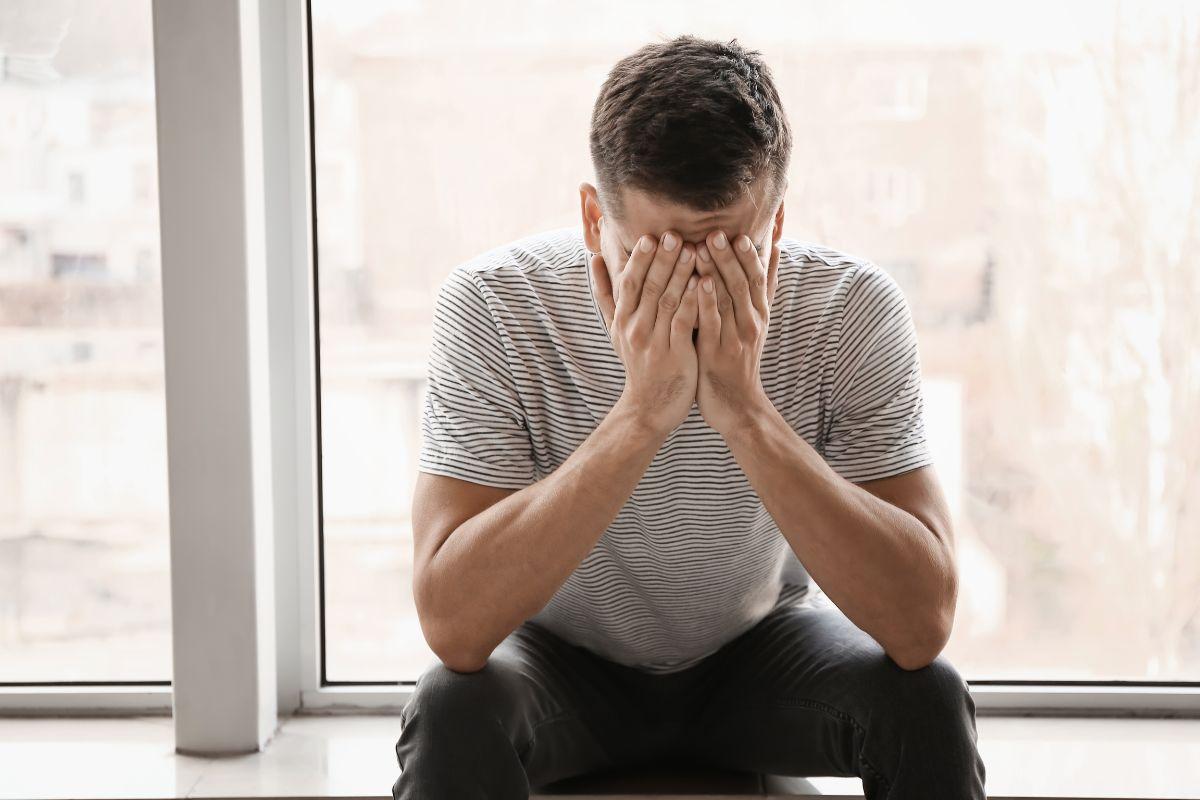By Rajan Bhambra with psychologist Dr Catherine Sykes
We all love sleep. So not getting enough can lead to frustration and despair. But what exactly is insomnia? When should you seek help for it? And is there any cure?
What is insomnia?
Insomnia is defined as a difficulty falling asleep or a difficulty staying asleep, and up to a third of the UK population suffer from it. That makes it the most common sleep disorder.
“The frequency and duration of the sleep problem is important for diagnosing insomnia,” says Dr Catherine Sykes, a psychologist with 17 years of experience and an interest in sleep problems. “So if someone is having problems sleeping 3 or more nights a week, and the problem has been ongoing for longer than 6 months, I would recommend seeking treatment.”
What causes insomnia?
The reason so many people suffer from insomnia is that it can be caused by numerous things, such as stress and anxiety, lifestyle factors, physical health conditions, medication, to name just some of the causes. “I’m concerned that insomnia will become a growing public health problem,” says Dr Sykes, “especially in our society with its limited boundaries around sleep and awake times and a temptation to be always switched on.”
Insomnia can affect both personal and professional life, through decreased concentration at work, to increased risk of developing depression, diabetes and heart failure. However, with increasing research into treating insomnia there are now a multitude of options to help.
Sleep Therapy
Traditionally, the first line for treatment is to improve the patient’s sleep hygiene, which is a term used to describe one’s sleep habits and environment. Advocated practices include:
- A regular time to go to sleep, and to wake up
- Avoiding caffeine, alcohol and heavy meals in the hours preceding going to bed
- Minimising light and noise in your bedroom through thick curtains and earplugs
- Avoiding the use of screens (phones, Kindles, TVs) in the hours before bed.
One increasingly used technique to deliver these changes is called Cognitive Behavioural Therapy-Insomnia (CBT-I). Dr. Sykes explains what it’s all about. “In a nutshell, CBT recognises that the ways we think, feel and behave are linked, and changing the way we think about ourselves, our experiences and the world can change the way we feel. Often the way that we think about sleep makes sleep problem worse and before you know it, bad sleep associations have developed and turned into insomnia. Also, a racing mind with lots of worries will impact on sleep. CBT-I helps develop a clear and accurate mind-set about sleep, and teaches clients how to deal with racing minds which then promotes a good sleep. Similarly, our behaviour can impact on sleep, and CBT-I can help change these behaviours.”
Dr. Sykes’ advice is supported by multiple studies, which have shown CBT-I to improve sleep quality and the time it takes to fall asleep. CBT-I is not readily available in many clinical settings, so importantly CBT-I can be effectively delivered online as interactive modules. As this treatment can be delivered over the internet as self-help therapy, it is cheaper and can accessed more easily than traditional one to one therapy.
Medication is a mainstay of insomnia treatment, with benzodiazepines, antidepressants, antipsychotics and antihistamines being used. The most commonly used drugs are benzodiazepine receptor agonists, such as Valium (diazepam). However they have serious side-effects which include impaired movement and thoughts, dependency, and withdrawal symptoms.
A more recent treatment is a hormone called melatonin. It is secreted by the brain to regulate the sleep-wake cycle, and in some countries can be bought without prescription at pharmacies. So why not use it? Unfortunately, its use in the treatment of insomnia is less effective than other medications. However, there may be a breakthrough in a drug called Ramelteon. Ramelteon is a melatonin receptor agonist which works by inhibiting arousal signals. The safety and effectiveness of Ramelteon is under review, but one study being looked at showed that in adults with chronic insomnia, Ramelteon reduced time to get to sleep without significant side-effects or rebound insomnia.
The future: Individualised treatment
Dr Sykes is excited for what the future holds. “There is a lot of research into insomnia, in particular on its impact and finding the best tailored methods for treating it. I’m interested in the research that looks at the brain differences in people with insomnia, as after all, an intervention which deals with the individuality of each patient is more likely to be effective. This is relatively new and there is a lot to learn.’
So there you have it. Insomnia isn’t quite a thing of the past, but with an increasing number of effective interventions and medications, and a switch from a ‘one size fits all approach’, don’t let sleepless nights hold you back.




